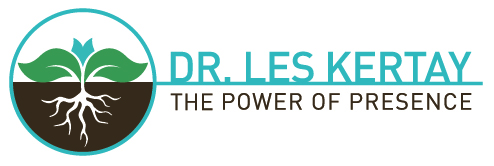The linked article about the Bastille attacker takes more time, than you might usuallly want to spend. Do it anyway. Thinking and reading might be the only thing that will make us safer.
This article articulates everything that’s wrong, strategically if not morally, with what is happening at the stroke of President Trump’s pen. Closing our borders will not make us safer. Understanding might.
The need for meaning can make us less safe
Human beings have a remarkably strong, even inexorable, penchant for making meaning of things. To the human mind, a meaning that is dead wrong is better than living with ambiguity. Alas, as HL Mencken famously told us, “For every complex problem there is an answer that is clear, simple, and wrong.”
Or to the immediate point, as the article says, “Perhaps the [French] government’s bombast consoled the populace; at the very least, it surely flattered the human desire for purpose, suggesting that the 86 dead were not the victims of a crime without discernible meaning but, rather, martyrs in a struggle for good.”
Reality is much more complex than we credit. The story of Lahouaiej Bouhlel, who drove a truck through a Bastille-day crowd in an act of unimaginable terror, is a story in which radical Islamists, and certainly Islam, play at best a cameo role. Did it play a role in justifying a killer’s actions? Almost certainly. Was it the driving force behind the murder of so many innocents, committed by “an individual at a great remove from religious considerations, who did not practice the Muslim religion, who ate pork, drank alcohol, consumed drugs, and had an unbridled sex life”? Almost certainly not, notwithstanding ISIL’s taking credit for their own, malicious reasons. Much like the Orlando massacre at the Pulse nightclub, reality is subtler, and more complex, than we usually like our news stories to be.
We need to take a lesson
The lesson for me, in the midst of a flurry of executive orders that some think will make us safer, is that the heinous munder of innocents that is described in the article was driven from within – within the country’s borders, by a completely legal immigrant, and within the mind of someone who had never before had contact with radical Islam, as far as we can tell. Close the borders, and there will still be people like Lahouaiej Bouhlel. Actually, I suspect there will be more.
I am absolutely not saying that radical Islamism is not a threat. It is. I do not believe that Islam itself is a threat, but radicalized religion certainly is. As the article put it: “To suggest that the attack in Nice may have been born of an impulse more ambiguous than fanatical belief is not to diminish the threat that jihadism poses to France.” Nor the the US.
What I am saying is that taking comfort in simplistic thinking will not make us safe. Thinking that we are made safer by declaring it so will not make us safe. And becoming something we, as a nation, have never been, will not make us safe.
Maybe, just maybe, understanding might make us safer. At least it might tell us where to look for danger. But even if it doesn’t make us safer, I’ll take a thoughtful, comprehensive solution based on understanding over a feel-good error. Every. Single. Time.
Please read this article, and think about what you want this nation to stand for. Even if you don’t read it, do the thinking. Please.
The Untold Story of the Bastille Attacker
Dr Les Kertay




